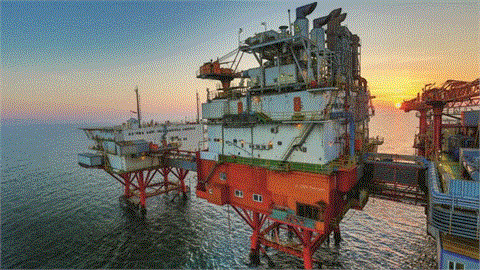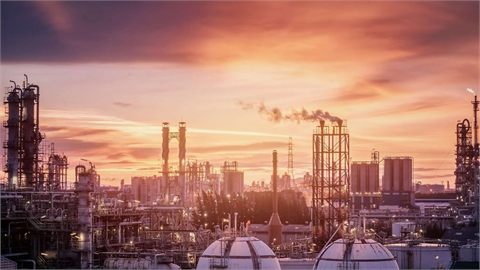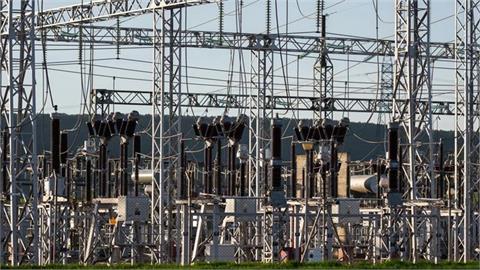In outlining its sustainability priorities and performance related to
safety, environment, climate, integrity and transparency, value for society and
human rights, the company said that its future portfolio will have a CO2
intensity of 3 kg per barrel of oil equivalents, less than 20 percent the
current industry average.
"The company is already a leading company on CO2 efficient
production and on track to realize its 2030 ambition to reduce the CO2
intensity from its current portfolio to 8 kg per barrel of oil equivalents,
less than half the current global industry average," Statoil said.
The average CO2 intensity for the projects is expected to be 3 kg per
barrel of oil equivalents, compared to the current industry average of 17 kg.
"To perform well in today’s global context, sustainability is
essential for business. In Statoil, this is embedded into our corporate
strategy, governance and decision-making as we work to turn natural resources
into energy for people and progress for society," said Eldar Saetre, the
company's CEO.Saetre said that Statoil has a competitive advantage in its ability to
create superior value in a low carbon future."Our vision is to shape the future of energy, and our next
generation portfolio demonstrates that we are delivering. We strive to be an
industry leader on safety, and form our portfolio to deliver high value with a
low carbon footprint," he added.
Statoil’s next-generation portfolio includes projects of 8 billion
barrels of oil equivalents on a 100 percent basis, with an internal rate of
return above 30 percent assuming a $70 per barrel oil price.
(Anadolu Agency)



